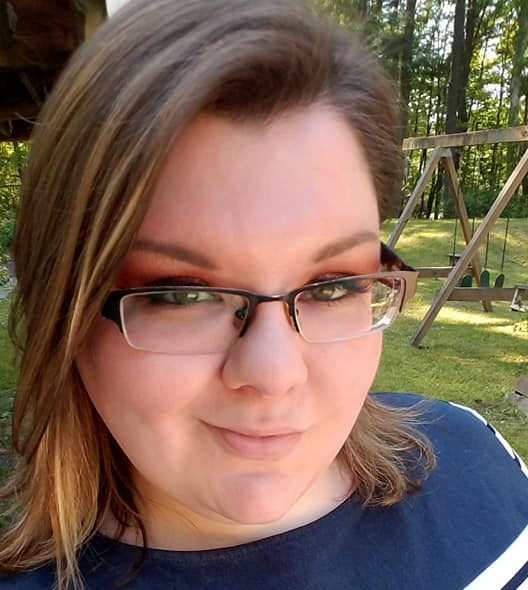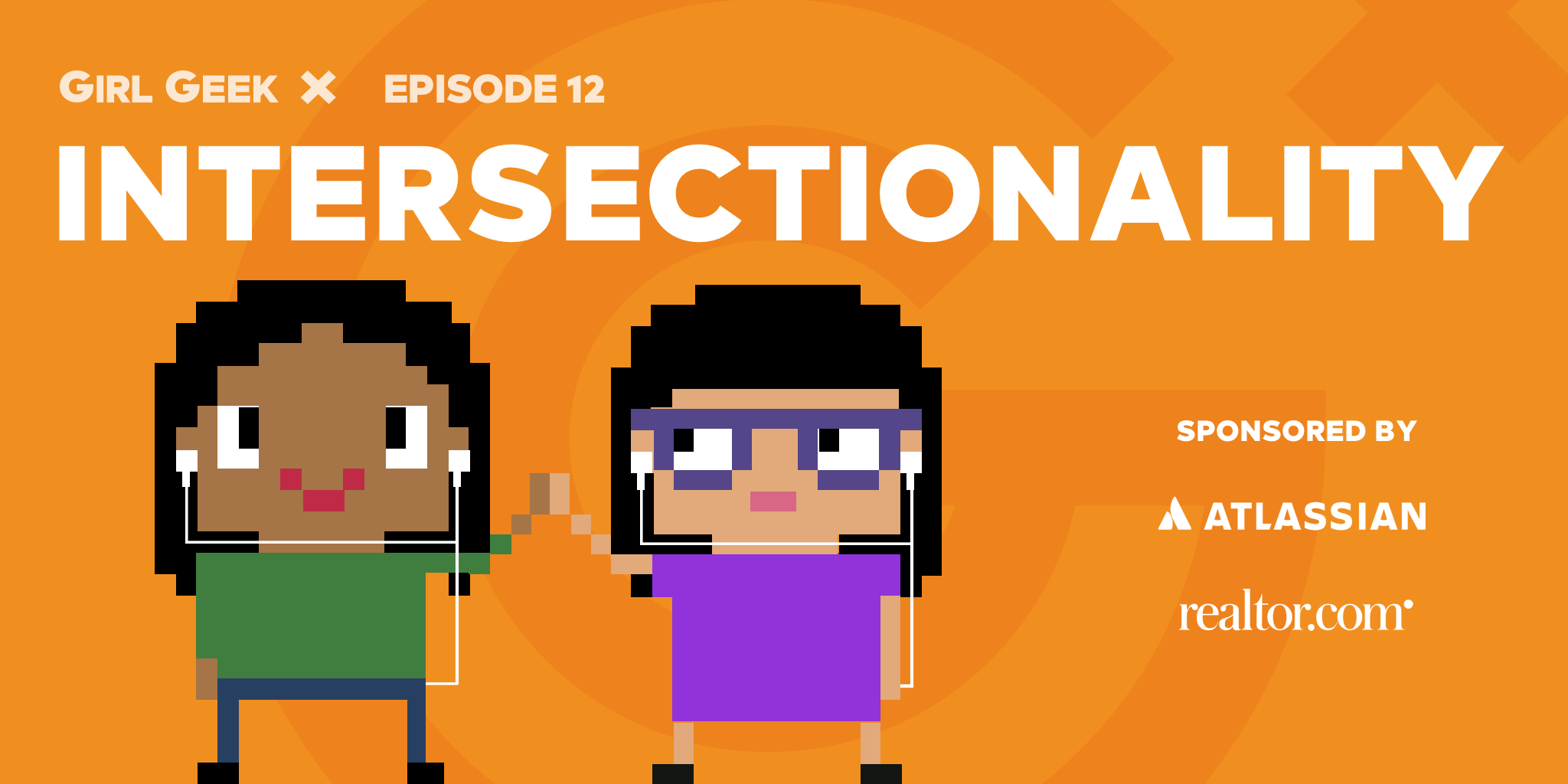
In continuing our Podcast Highlights mini series, this week, we’re sharing 9 quick takeaways from the Girl Geek X podcast that employees and managers everywhere can benefit from!
If you haven’t already subscribed to the Girl Geek X podcast, head on over to iTunes, Spotify, Stitcher, or Google Play and get ready to start binge listening!
This week, Girl Geek X COO Gretchen DeKnikker is breaking out quotes and insights from her favorite release on the Girl Geek X Podcast — Episode 12: Intersectionality. (Apologies for the sound quality on this one, we’re still learning!)
Why this topic matters, and why it’s her favorite episode:
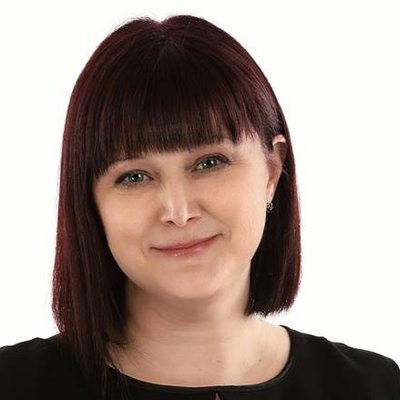
“This was an important episode because we’d been hearing intersectionality as a buzzword, often erroneously used as a synonym for inclusion, and wanted to offer clarification. Understanding how various parts of our identities intersect in both oppressive and privileged ways is absolutely critical in building workplaces where everyone can thrive. Solving the issues of the most marginalized among us raises up everyone. It’s absolutely essential that we have acute awareness around this as we do the work.”
9 Key Takeaways
9. “We need to move away from ‘diversity,’ which has a limited meaning and actually is not aligned with the goals that we’re trying to build. We need to build balance in our organizations. We also need to move away from ‘inclusion’. Inclusion assumes that I can fit like an add-on into a power structure that was built for straight white men, and I have no interest in doing that. I’m not any of those things and I don’t know how to show up that way. I wanna actually build belonging, I wanna show up in a space where I was considered and where I was thought of.
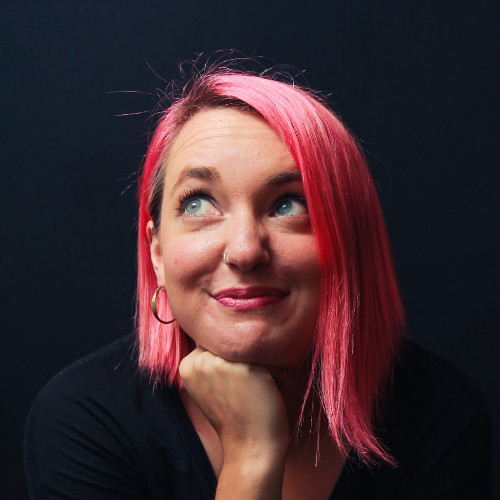
It can be the littlest things that show consideration. You’ll see here, research shows that women feel like they belong when there’s more plants in an office. You’ll see that our bathrooms, even the ones that because of building codes have to have gendered words on them, do not actually contain pictures of what a man or a woman looks like. That might not matter to a lot of you. But to folks who are gender-nonconforming or non-binary or transgender, that has huge meaning. That little subtle clue actually tells their brain that they belong in that space, and that’s what we’re trying to build at Atlassian. I think we can all resonate with wanting to feel like we belong.” —Aubrey Blanche, Global Head of Diveristy and Belonging at Atlassian
8. “Silly pop culture example that I always think of, there’s an episode of Scrubs where Elliot, who’s a white female doctor, and Turk, who’s a black man, are having this debate about who has it harder, black doctors or female doctors, and then thankfully a black woman doctor walks by and they’re both like ‘Ooh. Wow. This argument is dumb for the two of us to be having.’” —Rachel Jones, Podcaster at Girl Geek X
7. “When you’re talking about privilege and talking about intersectionality and diversity and inclusion, I think sometimes they all get swirled together and you can lose sight of what those things are individually and what they mean individually, and that they are very unique distinctive things. —Gretchen DeKnikker, COO at Girl Geek X

6. “I think it’s important when you’re trying to create an equal environment that there’s no one definition of equal, right? That’s the whole problem when you assume there’s one definition of what it means to feel marginalized or to feel like a minority, so you have to identify where you stand and what the differences in experiences are for other people.
Learn more about other people’s experiences, especially when they’re different from yours so you can be more informed when you’re trying to create a more equal environment. But you have to have a good understanding of what it means and not have a blanket, oversimplified definition of what intersectionality is in the first place.” —Sukrutha Bhadouria, Co-Founder & CTO at Girl Geek X and Sr. Manager, Engineering at Salesforce
5. “If I — as a queer Latina woman — can succeed in the organization, any changes that are made are definitely gonna benefit straight white women, too. But when we start with ‘diversity = women’, we only build programs, processes, and structures that help straight, white, economically-privileged women succeed.” —Aubrey Blanche, Global Head of Diveristy and Belonging at Atlassian
4. “I think intersectionality reminds us how much further we have to go and be open to continuing to learn about each other, this evolving conversation and just keep trying to be curious about other people.” —Angie Chang, Co-Founder & CEO at Girl Geek X
3. “Psychological safety more than anything else is critical to making a team work. And so what is psychological safety? It’s the shared belief held by members of the team that the team is safe for interpersonal risk taking.
Psychological safety may sound like it’s all about the emotions or about the mental aspect of the game, but really it’s the way that you encourage and promote behaviors that reinforce trust and respect and mutual empathy and authenticity, and discourage behaviors that tear those down.” —Heidi Williams, CEO & Co-Founder of tEQuitable
2. “I think white people in this country, myself included, need to get very comfortable with the fact that we are all racist on some level, and that everyone has racist behaviors… and that while the word is really powerful, we need to actually think about the definition of it and what that means, and how to correct those behaviors. Because even a racist will tell you they’re not racist, they’re just separatists. They just want you live over there. ‘I don’t not like you, I just don’t wanna live with you!’ kind of a thing. So just understanding there are racist behaviors is important. We all have them every single day, and we need to be open to hearing that feedback.” —Gretchen DeKnikker, COO at Girl Geek X
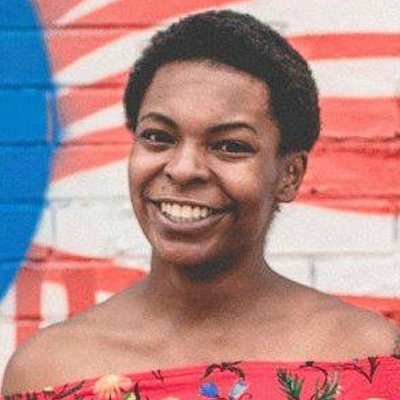
1. “You’re setting yourself up to fail if you’re using definitions of these things that are empty or you’re using solutions that only work for the group that’s struggling the least out of everyone. We’re at a point where people can very easily see through these things when they are bullshit. People aren’t just gonna say ‘we have a culture committee’ and take that to mean the work is done. People actually want to see tangible results. Hold people accountable to do the actual work and not just fly a diversity flag and say the work is done.” —Rachel Jones, Podcaster at Girl Geek X
Check out the full episode or podcast transcript for more great insights on intersectionality and questioning your own bias, or subscribe to our YouTube channel for even more insightful content on topics that matter to women and allies.
About the Author
